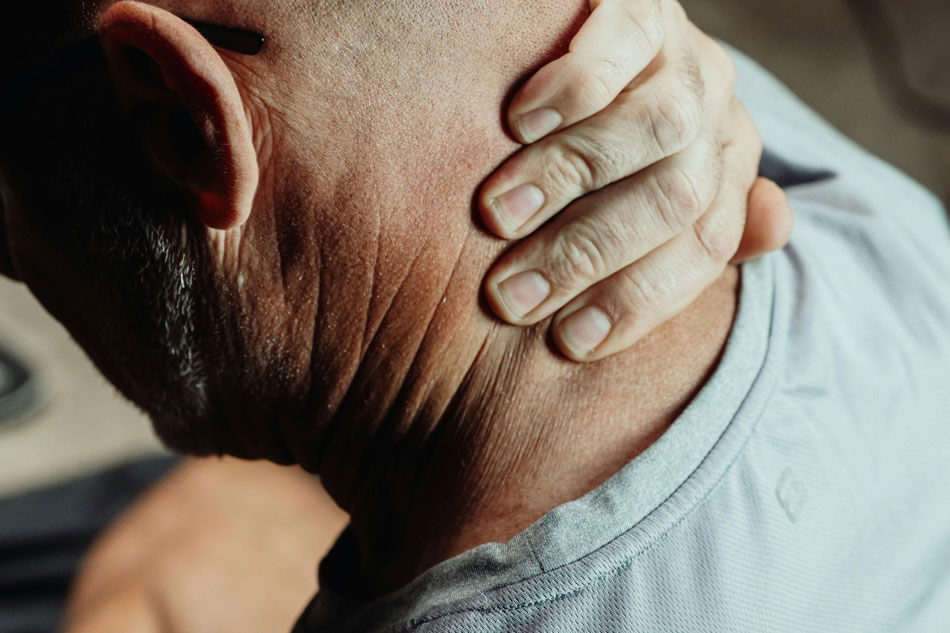Leisure time accident
If you are injured in an accident during leisure time, your insurance policy is of utmost importance. Leisure time accident insurance is often included in family and home contents insurance policies. As terms differ between both insurance companies and policies it is vital to read the policy terms carefully to fully realise your rights to compensation.

Some collective wage agreements/union contracts stipulate that employers must purchase leisure time accident insurance for their employees. This generally applies to government and municipal employees. If you have purchased a general accident insurance policy, it covers both leisure time accidents along with workplace accidents.
Leisure time accidents can also be covered by liability insurance if a third party is directly or indirectly responsible for the accident occurring. Such insurance policies traditionally lead to more extensive rights to compensation.
An unprovoked assault can under certain circumstances be classified as an accident during leisure time and therefore create a right for compensation from leisure time accident insurance policies.
Here for you
It is important to report an accident as soon as possible to the Icelandic Health Insurance and the insurance company, so that the right to compensation is not lost. Contact Fortis lawyers to get an assessment of the situation. We want you to use our knowledge to help you through a difficult time.
Fortis

Leisure time accident
38-year-old / Knee injury
Contacted Fortis for an assessment two weeks after the accident. Fortis assisted the client in reporting the accident on the grounds of both leisure time accident insurance and the employer’s accident insurance, as the client had around the clock coverage due to their wage agreement/union contract. Fortis took care of all case elements, communications with all liable parties as well as data collection and analysis.
Less than a year after the client’s first meeting all necessary data had been gathered and Fortis had an impartial assessor assess the extent and the severity of the damages suffered in the accident.
The results of the assessment arrived eight weeks after the assessment meeting, resulting in 9% loss of amenity/medical disability. The total compensation amounted to approx. 2.800.000 kr.
58-year-old / Fracture of the upper arm
Contacted Fortis for an assessment eleven months after the accident. Fortis assisted the client in reporting the accident on the grounds of both leisure time accident insurance and the employer’s accident insurance, as the client had around the clock coverage due to their wage agreement/union contract. Fortis took care of all case elements, communications with all liable parties, arranging the reimbursement of medical expenses as well as data collection and analysis.
Six months after the client’s first meeting all necessary data had been gathered and Fortis had an impartial assessor assess the extent and the severity of the damages suffered in the accident.
The results of the assessment arrived six weeks after the assessment meeting, resulting in 5% loss of amenity/medical disability. The total compensation amounted to approx. 850.000 k
Please note that each case is unique and there are many variables that affect the amount of compensation, such as the insurance involved, age and assessment results. When settling on the basis of the tort law, the average income before the accident is also important.




